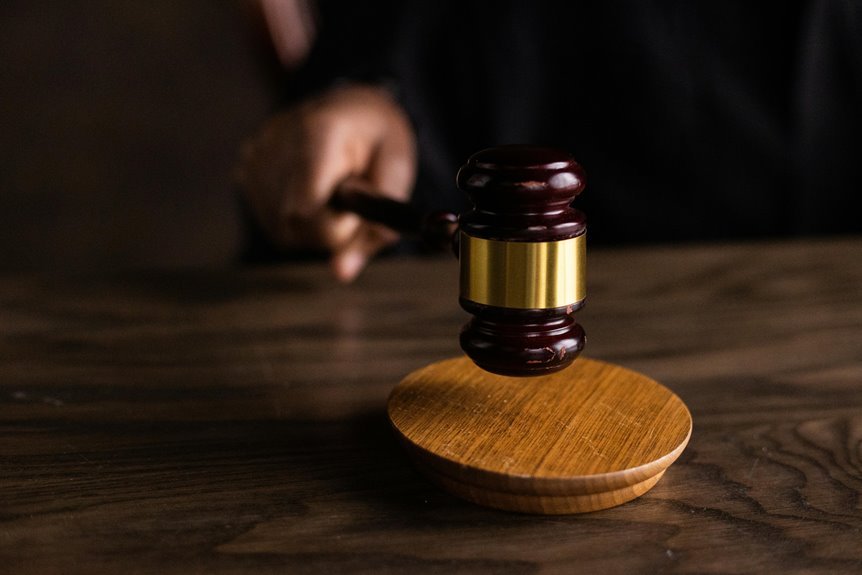The enforcement of judgments for attorney’s fees in Brazilian law follows a structured legal framework grounded in statutory provisions and contractual agreements. Courts employ mechanisms such as “cumprimento de sentença” and “execução fiscal” to ensure compliance, emphasizing procedural rigor and timeliness. While these processes aim to safeguard parties’ rights to prompt recovery, they also present specific procedural challenges. Understanding the nuances of these enforcement methods reveals the complexities involved in translating legal rulings into actual financial recovery.
Legal Foundations and Procedures for Enforcing Attorney’s Fees
The enforcement of attorney’s fees is grounded in statutory and contractual legal principles that establish the authority of courts to compel payment. Enforcement strategies rely on legal terminology such as “cumprimento de sentença” and “execução fiscal,” ensuring enforceability.
These procedures uphold the legal framework, reinforcing the creditor’s right to prompt and effective collection of awarded attorney’s fees.
Steps Involved in the Enforcement Process in Brazil
The enforcement process for attorney’s fees in Brazil involves a series of delineated legal steps designed to secure compliance with court judgments.
The enforcement timeline is influenced by judicial discretion, which determines procedural pace.
This process emphasizes procedural rigor and timeliness, ensuring enforcement actions adhere to legal standards while balancing judicial authority and procedural efficiency.
Practical Considerations and Challenges in Enforcement
Practical considerations and challenges in enforcing attorney’s fees in Brazil encompass procedural delays, judicial discretion variability, and difficulties in asset identification.
Mediation challenges and jurisdictional issues complicate enforcement, often impeding swift resolution.
Addressing these complexities requires meticulous procedural navigation and strategic jurisdictional considerations to ensure effective enforcement and uphold parties’ rights to timely compensation.
Conclusion
The enforcement of attorney’s fees in Brazil operates as a meticulous machinery, where procedural precision ensures the swift transfer of legal rights into tangible outcomes. Navigating complexities akin to fine-tuning an intricate instrument, the process demands adherence to statutory frameworks and strategic execution. When properly calibrated, this system effectively transforms judicial mandates into enforceable assets, safeguarding the integrity of legal rights and fostering confidence in the efficacy of judicial remedies.





